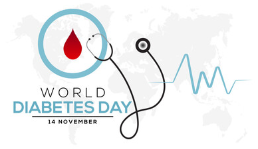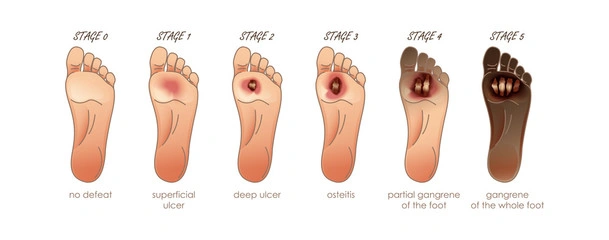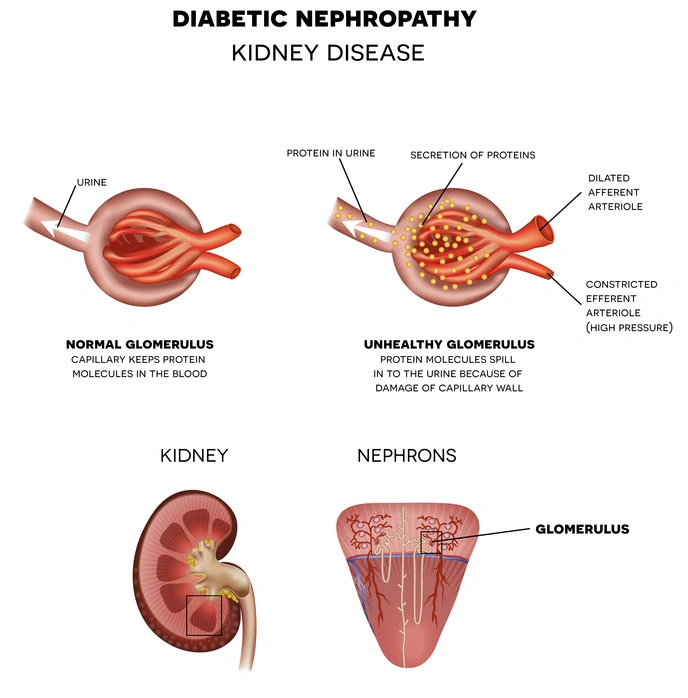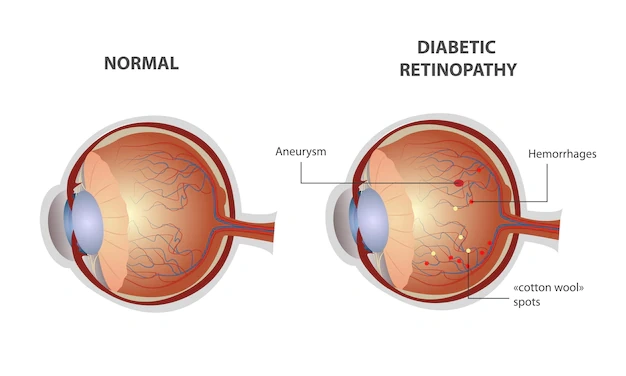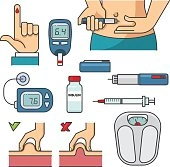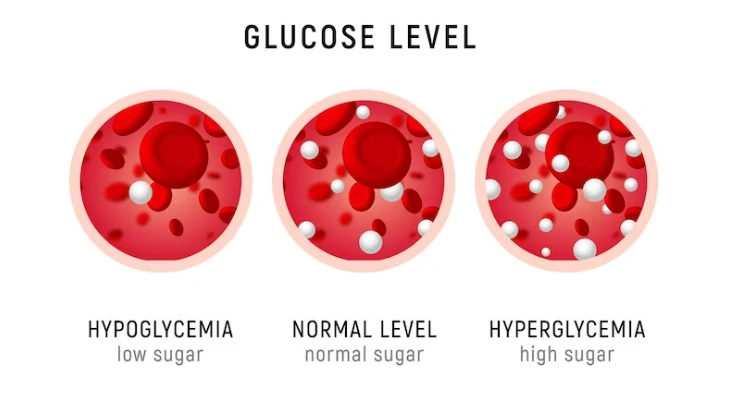Managing Diabetes in Senior Citizens: Understanding the Differences
25-06-24
Dr. Haroon Hussain, a renowned diabetologist at Manipal Hospitals, in a conversation with Healthy Wrinkles, explains Managing Diabetes in Senior Citizens: Understanding the Differences. As the global population ages, the healthcare needs of senior citizens become increasingly important.
In this article, we will explore the challenges of managing diabetes in the elderly population and discuss strategies to address these issues effectively. Diabetes is a prevalent chronic condition, and its management in senior citizens requires a unique approach due to their specific healthcare needs. Watch our YouTube playlist on diabetes(madhumeha) to know more.
Challenges in Managing Diabetes in Senior Citizens:
1. Growing Elderly Population: The world is witnessing a significant increase in the elderly population, with projections indicating a 300% rise in individuals above the age of 60 by 2050. This demographic shift presents a pressing concern for managing chronic diseases like diabetes, which is more common among older adults.
2. Access to Healthcare: Access to healthcare is a significant challenge for many senior citizens. Some individuals may lack the financial means to access proper healthcare, making it difficult to manage their diabetes effectively. Moreover, rural-urban disparities in healthcare services further compound this issue.
3. Co-Existing Chronic Conditions: Senior citizens often contend with multiple chronic conditions, which can complicate diabetes management. It's common for elderly individuals to have other health issues in addition to diabetes, making it essential to address their healthcare needs holistically.
4. Polypharmacy: Elderly individuals are frequently prescribed multiple medications, leading to a situation known as polypharmacy. This can result in drug interactions that affect the effectiveness of diabetes medications. Managing these interactions requires careful oversight and expertise.
Strategies for Effective Diabetes Management in Senior Citizens:
Empowering Healthcare Providers: To tackle the growing healthcare needs of senior citizens, it's essential to empower healthcare providers at all levels. From primary care to specialized healthcare, professionals need to be well-equipped to address the unique challenges faced by the elderly. This can involve specialized training in geriatric care and diabetes management.
Preparedness and Preventive Care: The COVID-19 pandemic has underscored the importance of preparedness in healthcare. Senior citizens are particularly vulnerable to infectious diseases, making preventive care a critical component of diabetes management. This includes vaccinations, regular health check-ups, and patient education on infection prevention. Read more about the role of geriatrician in managing chronic health conditions.
Tailored Treatment Plans: Recognizing that elderly patients often have co-existing chronic conditions, healthcare providers should develop tailored treatment plans that consider all aspects of the individual's health. Diabetes management should be integrated with the management of other health issues to optimize overall well-being. View Doctor At Home for emergency care and other services.
Polypharmacy Management: Given the prevalence of polypharmacy in senior citizens, healthcare providers must carefully manage the medications prescribed to elderly diabetes patients. They should be vigilant about potential drug interactions and their impact on diabetes control. Medication reconciliation should be a routine part of senior diabetes care. Watch more videos on Know Your Medicines that cover the most popular medicines.
Patient Empowerment: Empowering senior citizens with knowledge about their health is a vital aspect of diabetes management. Patients should understand their condition, medications, and dietary requirements. Read more about the importance of a balanced diet for aging adults. Providing educational resources and self-management support can enhance their quality of life and reduce the risk of complications. Learn more about diabetes in seniors from our experts.
Conclusion:
Managing diabetes in senior citizens presents a complex set of challenges, from the growing elderly population to access issues, co-existing chronic conditions, and polypharmacy. However, with a proactive and comprehensive approach that empowers healthcare providers and patients, it is possible to effectively manage diabetes in this vulnerable population. As the global senior population continues to expand, addressing these challenges becomes increasingly urgent. By implementing the strategies discussed in this article, we can improve the quality of life and health outcomes for senior citizens with diabetes, ultimately enhancing their overall well-being.
Whether you are searching for informative articles, or looking for healthcare providers, Healthy Wrinkles is an excellent resource for all your senior care needs. We also have a great compilation of all the medical expert talks for healthy aging on Healthy Wrinkle YouTube channel.
"Join the cause and make a difference in a senior's life - share your knowledge about local senior care resources today!"
Disclaimer: Healthy Wrinkles does not recommend or offer any medical diagnosis, treatment, or advice. The information provided here is only for the awareness of disease or ailment among individuals, caregivers, and the public. The advice of doctors, licensed professionals, or therapists who are knowledgeable about your particular situation should always be sought before using the information provided here. It should also not be used in the event of a medical emergency or for the diagnosis or treatment of any medical condition. If you want urgent assistance, contact a qualified medical professional. Additionally, the information represents the author's views and not those of Healthy Wrinkles.
